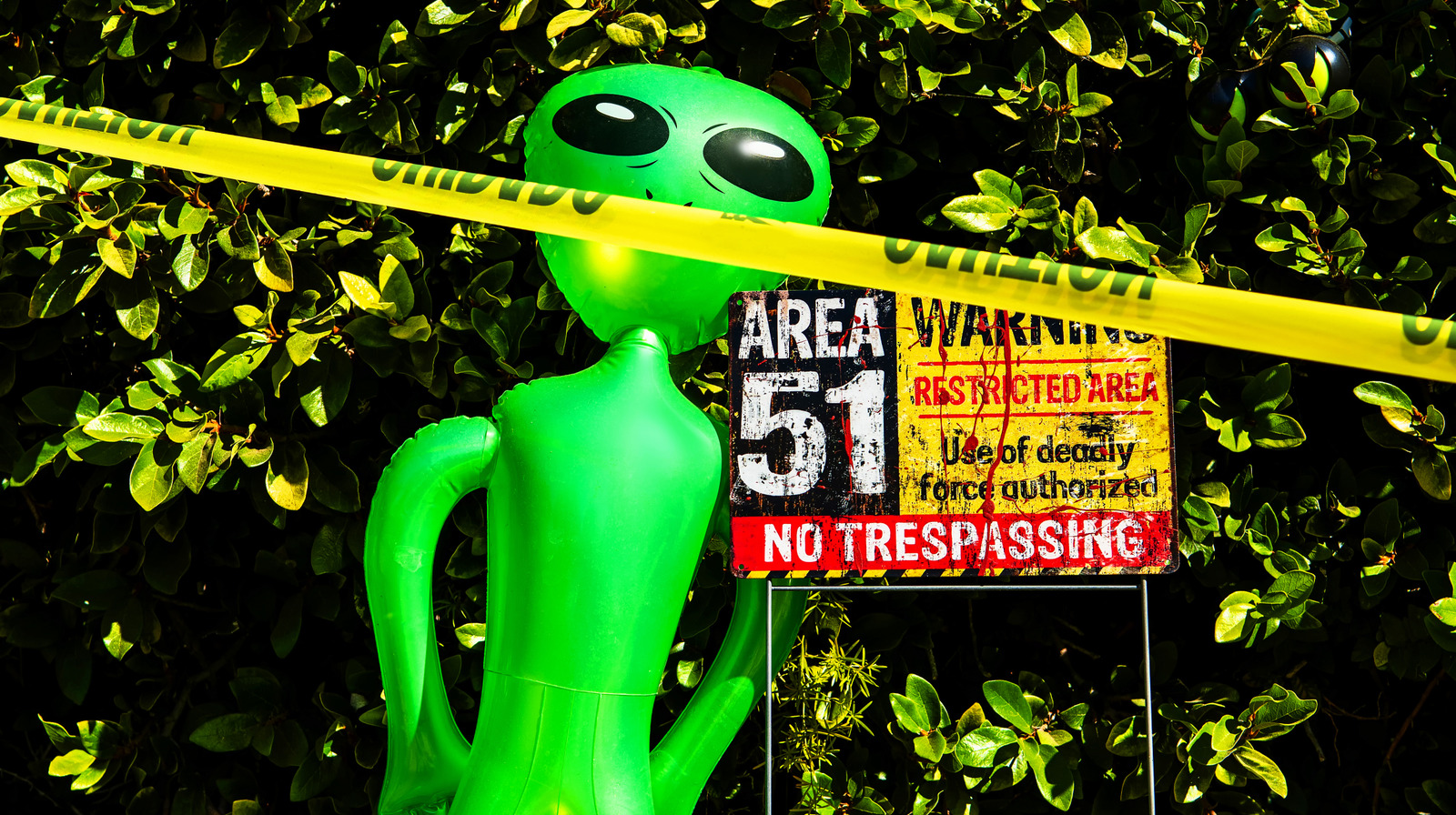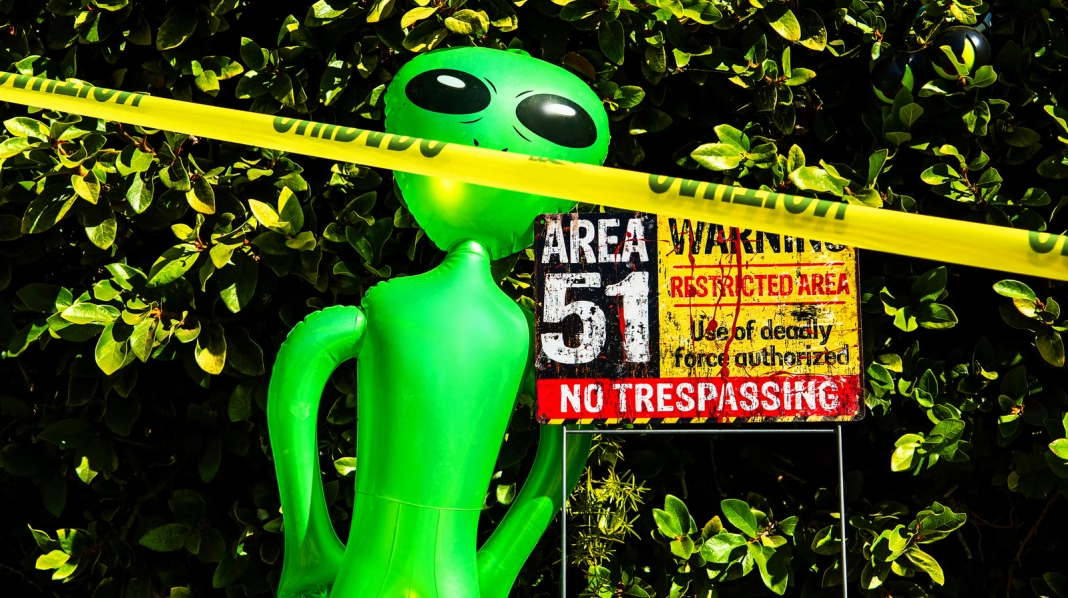Why Are People Suddenly Talking About Avi Loeb and UFOs Again?
If you’ve noticed a recent uptick in conversations about UFOs, Harvard astrophysicist Avi Loeb is probably at the center of it. Loeb’s name has become synonymous with bold, headline-grabbing claims about mysterious objects from space—claims that have reignited debates in both scientific circles and the public imagination. But what’s really going on here? Why is Loeb’s work causing such a stir, and is there any substance behind the hype?
What Makes Avi Loeb’s Approach to UFOs Different from Past Theories?
For decades, UFO stories have been relegated to the fringes—think grainy photos, wild speculation, and little scientific rigor. Loeb, however, has flipped the script. Instead of dismissing strange space objects as mere anomalies, he’s insisted on applying the scientific method, demanding hard data and peer-reviewed discussion. His most famous case? The interstellar object ‘Oumuamua, which zipped through our solar system in 2017. While most astronomers chalked it up to a weirdly shaped rock, Loeb suggested it could be something more—a possible artifact from an alien civilization.
This isn’t just idle speculation. Loeb’s willingness to put his reputation on the line, backed by decades of academic credentials, has forced the scientific community to take UFOs seriously—at least as a subject worthy of investigation. According to a 2023 Pew Research Center survey, about 65% of Americans now believe that intelligent life exists elsewhere in the universe, and Loeb’s work has played a role in shifting that perception from fringe to mainstream.
How Has the Scientific Community Responded to Loeb’s Claims?
Let’s be honest—Loeb’s ideas haven’t exactly been met with open arms. Many of his peers argue that extraordinary claims require extraordinary evidence, and so far, the data on ‘Oumuamua and similar objects is inconclusive. Some scientists worry that jumping to alien explanations could undermine public trust in science. Others, though, appreciate Loeb’s willingness to challenge orthodoxy and push for more open-minded exploration.
A good example: when Loeb led an expedition to the Pacific Ocean in search of fragments from another mysterious object, IM1, he brought along a multidisciplinary team and published his findings for all to scrutinize. Even skeptics admit that this level of transparency is rare in UFO research, and it’s helped elevate the conversation from conspiracy theory to legitimate inquiry.
Why Does Loeb’s Credibility Matter in the UFO Debate?
Here’s the thing—credibility is everything in science. Loeb’s status as a tenured Harvard professor, former chair of the astronomy department, and prolific author gives his words weight. He’s not some anonymous internet theorist; he’s a respected academic with a long track record of peer-reviewed research. That’s why his willingness to entertain the possibility of alien technology has made such waves.
It’s also why his critics take him seriously enough to engage in public debate, rather than simply ignoring him. In a field where reputations are built on caution and consensus, Loeb’s boldness is both a risk and a breath of fresh air. It’s sparked renewed interest in funding for space observation projects and inspired a new generation of scientists to ask bigger questions.
What’s the Real-World Impact of Loeb’s UFO Research?
Beyond the headlines, Loeb’s work has had some tangible effects. For one, it’s encouraged more rigorous data collection on unidentified aerial phenomena (UAPs). Agencies like NASA and the U.S. Department of Defense have launched new initiatives to study UAPs with scientific tools, rather than relying on anecdotal evidence. The result? A slow but steady shift toward treating these mysteries as legitimate scientific puzzles, not just tabloid fodder.
There’s also a cultural impact. Loeb’s approach has helped destigmatize curiosity about UFOs, making it okay for serious researchers to ask questions that were once considered career suicide. That’s no small feat in a field where skepticism is the default setting.
What Should Curious Readers Take Away from All This?
The big takeaway? The search for extraterrestrial life isn’t about perfection—it’s about smarter adjustments. Loeb’s willingness to challenge assumptions and pursue evidence, even when it leads down controversial paths, is a model for how science should work. Start with one change this week—maybe it’s reading a peer-reviewed paper on UAPs or simply asking a new question about the universe—and you’ll likely spot the difference by month’s end. Curiosity, after all, is the real engine of discovery.


